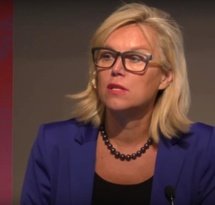
More than six months after the Dutch elections took place, a long period of debates, negotiations and incertainty has finally come to an end. The new coalition of center-rightwing parties was sworn in last Thursday the 26th of October. Having Sigrid Kaag of the liberal-democratic party D66 as the new Minister for Foreign Trade and Development Cooperation in the third Rutte government (Rutte III), we can look forward to where the opportunities lie in the new coalition’s plans to make the world fairer and more sustainable. The Coalition Agreement, which tries to build a bridge between the political centre and the centre-right, is a smart piece of work in terms of reaching compromises. In the current international climate of societies progressively growing apart, that is a striking achievement.
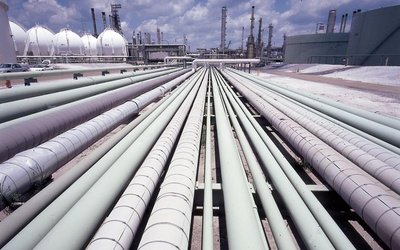
Although outgoing economics minister Henk Kamp stated in May of this year that fossil fuels are not subsidised in the Netherlands, a report out today shows that this is clearly not the case. The report. ‘Phase-Out 2020: Monitoring Europe’s fossil fuel subsidies’, by the Overseas Development Institute (ODI) and Climate Action Network Europe (CAN-Europe), says that the Netherlands is supporting the fossil sector at home and abroad with more than 7.6 billion euros a year (1). The Netherlands made international agreements as long ago as 2009 (2) to ban subsidies for fossil fuels. Environment NGO Milieudefensie and Both ENDS – both members of CAN-Europe – call attention to these findings because they find it unacceptable that the government perpetuates our dependence on fossil fuels in this way.
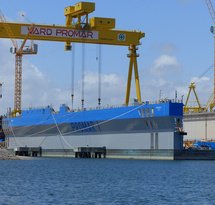
Last June, Both ENDS published a report which showed clearly that, through export credit insurance provider Atradius Dutch State Business (ADSB), the Netherlands is supporting the fossil fuel sector on a large scale. Between 2012 and 2015, ADSB provided billions of euros in insurance and guarantees, on behalf of the State of the Netherlands, to fossil-related export projects. This support is completely out of line with the Paris Climate Agreement. On 20 June, members of parliament Lammert van Raan (PvdD) and Sandra Beckerman (SP) submitted questions to the State Secretaries for Finance and for Infrastructure and the Environment.
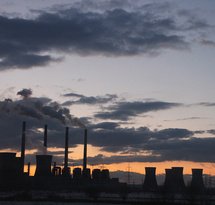
The Dutch pension fund, ABP, invested about two billion euros more in the fossil energy industry at the end of 2016 than the year before. This is announced by the report "Dirty & Dangerous: the fossil fuel investments of Dutch pension fund ABP," published today by Both ENDS, German urgewald and Fossielvrij NL. The report criticizes these investments because of the impact on the climate and the catastrophic consequences for the people in the areas where coal, oil and gas are being produced.
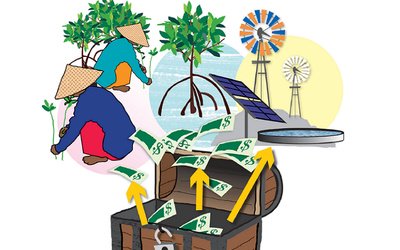
The Netherlands is facing an important choice this week. On one side, there are political parties that want to shut the country off from the outside world and let climate change advance unchecked. On the other side, there are parties calling on the Netherlands to once again take the lead in areas like climate change, fair taxes and sustainable trade. Both ENDS believes that such leadership is crucial now more than ever.
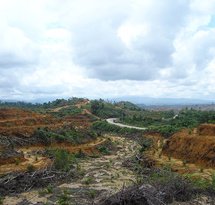
By 2020, the EU wants a larger percentage of fuel used for transportation to consist of renewable sources, such as biofuel. Many European countries have therefore made the blending of biofuels in diesel and gasoline mandatory. A large proportion of this biofuel is now palm oil.


Both ENDS has, as a member of the RSPO, participated in a dialogue with the Ministry of Foreign Affairs. The Netherlands is the largest importer of palm oil in Europe and wants to promote sustainable trade and production chains.